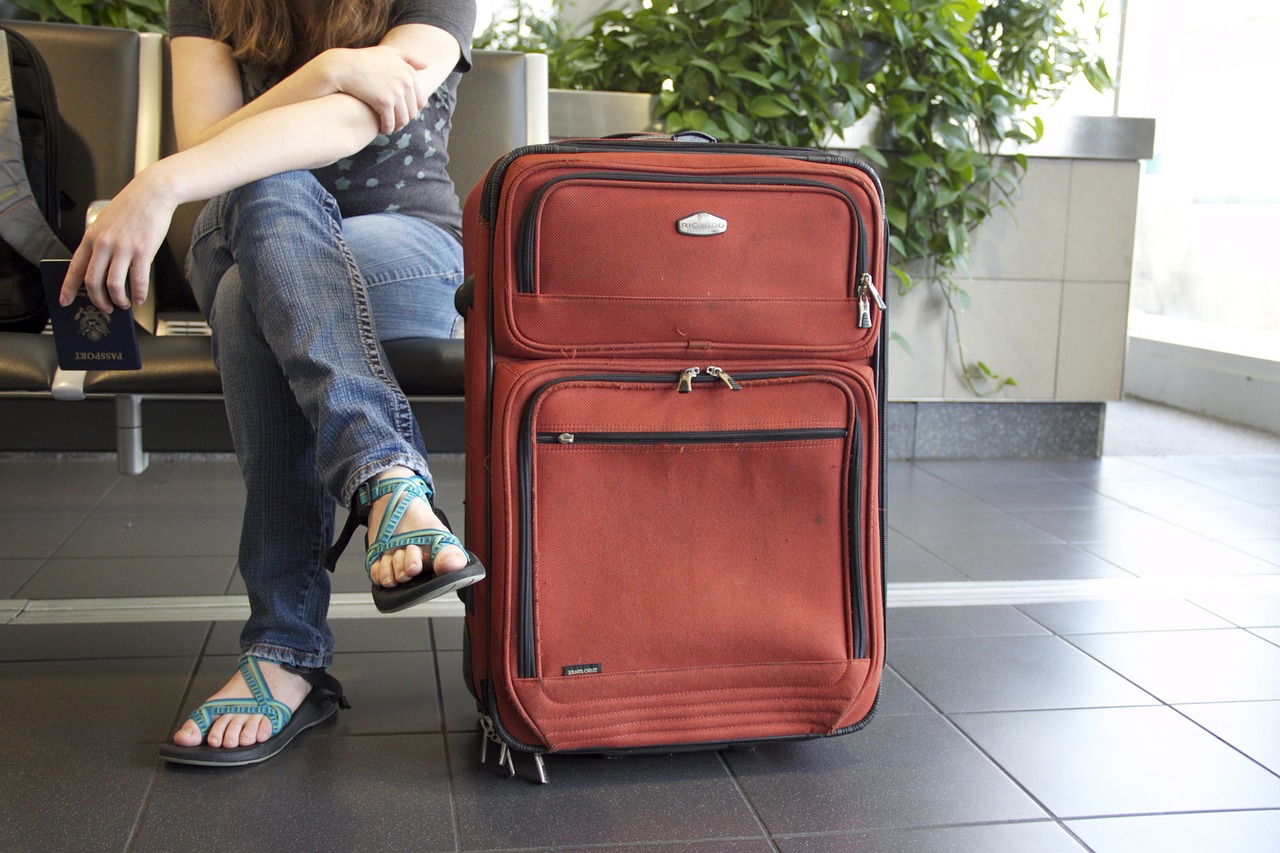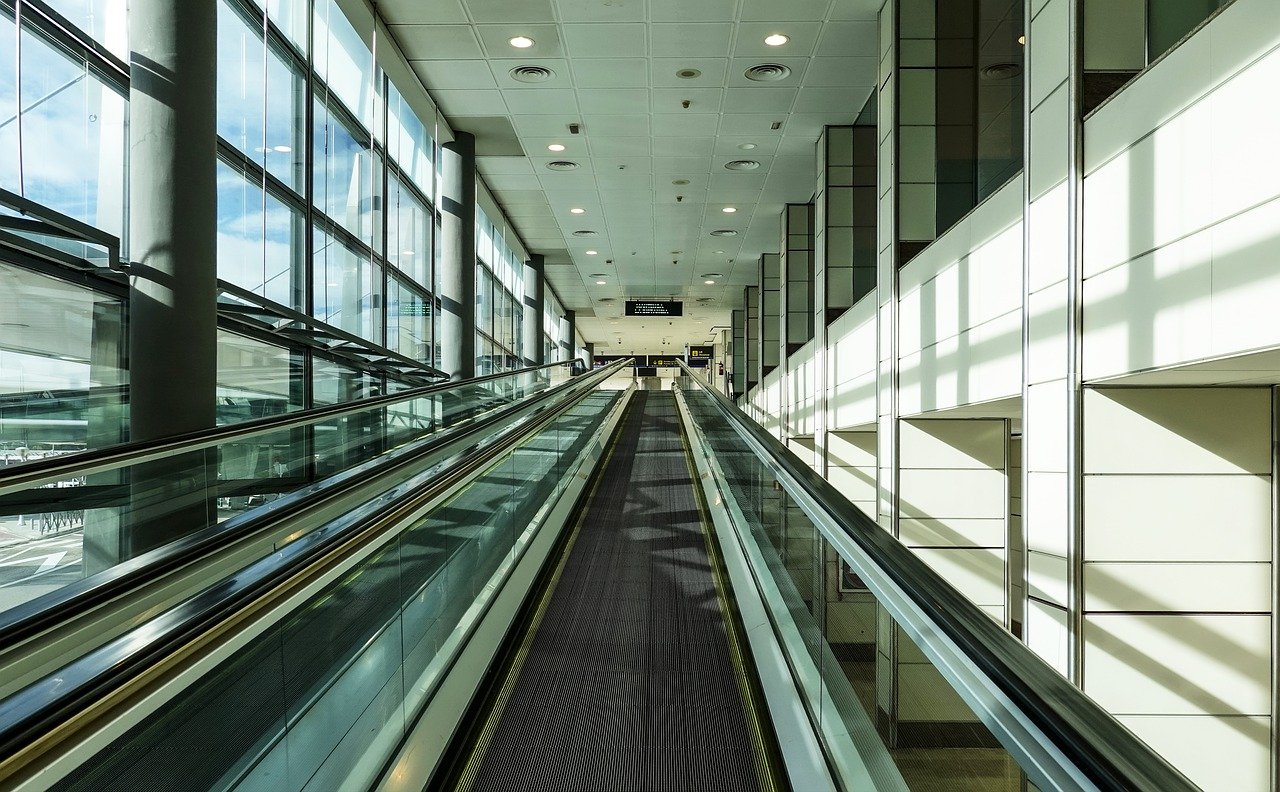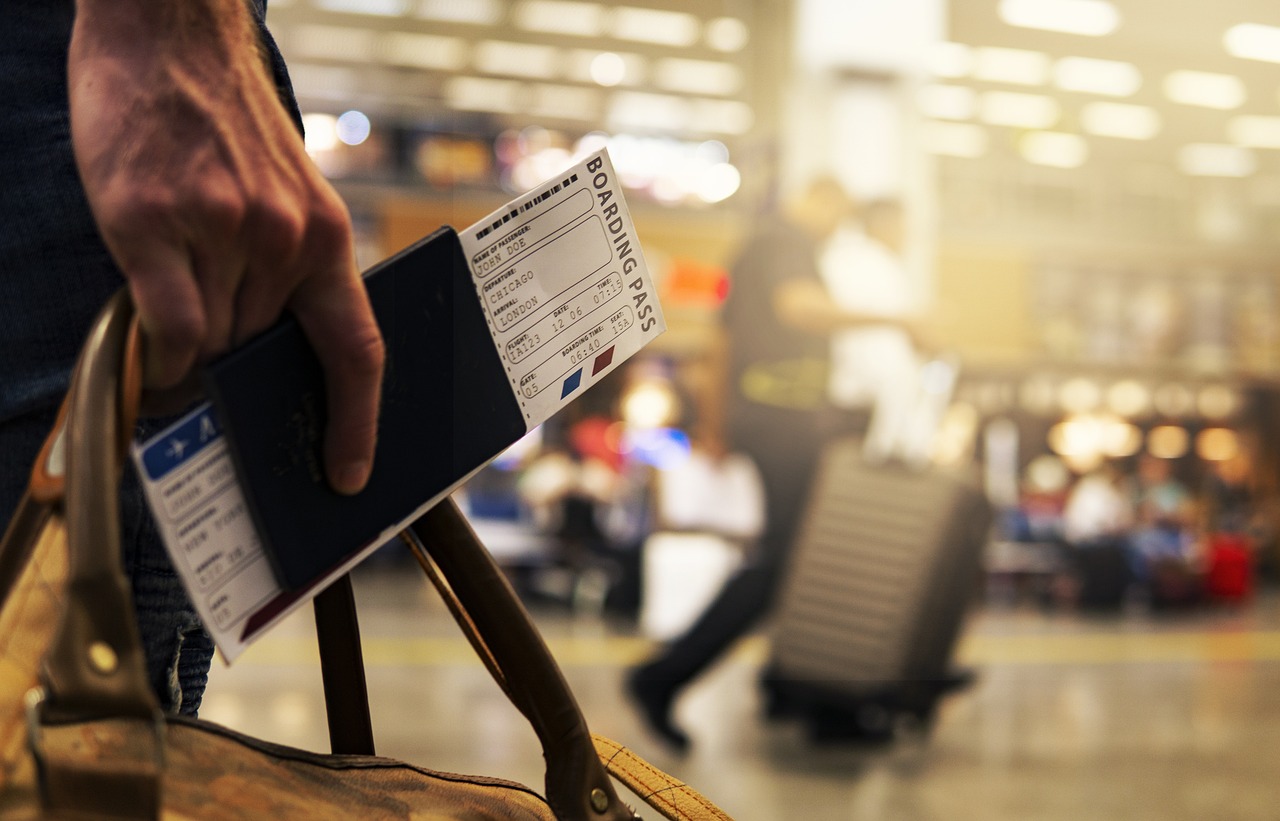What to Do If Your Iran e-Visa Application is Denied
Receiving news that your Iran e-Visa application has been denied can be disheartening. However, it’s essential to remember that a rejection doesn’t mean the end of your journey to Iran. There are multiple pathways to reapply or resolve issues that led to the denial. In this guide, we will walk you through common reasons for rejection, steps to take after receiving a visa denial, and how to prevent future rejections.
| Information | Description |
|---|---|
| Iran e-Visa Rejection | Does not mean the end of the chance to visit Iran |
| Alternative Ways to Apply | There are multiple ways to reapply for an Iran visa |
| Importance of Accurate Documentation | Ensuring that all documents are clear and accurate is crucial |
| Impact of Citizenship | UK, US, and Canadian citizens must apply through a travel agency |
| Reapplying Options | Options include reapplying through the Visa Portal or travel agencies |

Understanding Iran e-Visa Rejection
Navigating through the visa application process can be daunting, and understanding the reasons behind an e-Visa rejection is crucial. Common reasons for rejection include incomplete applications, discrepancies in documentation, or even the applicant’s job title. For instance, journalists, press photographers, and government workers often face higher rejection rates. Additionally, citizens from certain countries like Israel are entirely prohibited from entering Iran. Knowing these factors can help you better prepare for your next application.

Common Reasons for Iran e-Visa Rejection
Several common issues can lead to an Iran e-Visa rejection. These might include submitting false travel documents, having an invalid passport, or failing to provide clear photos and passport copies. Additionally, if your travel itinerary and visa duration do not match, your application could be declined. Criminal history and media-related employment are other significant factors that can lead to rejection. Thus, ensuring all your documents are accurate and up-to-date is pivotal.

Impact of Citizenship on Iran e-Visa Application
Your citizenship can significantly impact your Iran e-Visa application. For example, citizens from the UK, US, and Canada must apply through a travel agency, which can simplify the process but also adds an extra step. On the other hand, Israeli citizens are not allowed to visit Iran under any circumstances. Having an Israeli visa stamp on your passport can also lead to an automatic rejection, so it’s essential to be aware of these restrictions.

Steps to Take After Receiving a Visa Rejection
Receiving a visa rejection can be a setback, but it’s not the end of your journey. The first step is to carefully review the rejection message, even though it might not provide specific reasons. Next, you should verify that your passport and all other documentation are valid and in order. Taking these steps can significantly increase your chances when reapplying.

Review the Rejection Message
When you receive a rejection message, it’s crucial to read it thoroughly, even though it might not specify the exact reason for the denial. This message can offer insights into what went wrong. Look for any clues that might indicate missing or incorrect information. It’s also helpful to compare this application with successful ones to identify any discrepancies.

Check Passport Validity and Documentation
Ensuring your passport is valid for at least six months beyond your intended stay in Iran is vital. Additionally, all submitted documents, including photos and passport copies, should be clear and accurate. Double-check for any inconsistencies or errors that might have led to the rejection. This step is essential before considering reapplication.

Reapplying for an Iran e-Visa
Don’t be disheartened by a rejection; you have several options for reapplying. You can use the Visa Portal or work with Iranian travel agencies to increase your chances of approval. These agencies often have better insights into the application process and can help you navigate through it more efficiently.

Using the Visa Portal
Reapplying through the Visa Portal is a straightforward option. You can amend any previous mistakes and resubmit your application. Ensure that all your documentation is clear and accurate this time around. The portal allows you to track the status of your application, making it easier to stay informed.

Working with Iranian Travel Agencies
Collaborating with Iranian travel agencies can significantly increase your chances of visa approval. These agencies offer personalized services and have extensive knowledge of the requirements and common pitfalls. They can guide you through the entire application process, ensuring all your documents are in order and your travel plans are clear.

Alternative Ways to Obtain an Iran e-Visa
If your initial application is denied, there are still alternative routes to obtain an Iran e-Visa. Numerous travel agencies specialize in processing Iran visas and can guarantee approval within a few working days. These agencies have a high success rate and can make the process much smoother for you.
Applying Through TAP Persia
Applying through TAP Persia is an excellent option for those looking for a quick and guaranteed approval process. TAP Persia offers a 100% approval guarantee within 3 to 4 working days. They handle all the complexities of the application process, ensuring that all your documentation meets the required standards.
Applying Through VOI Travel Agency
VOI Travel Agency also provides a reliable alternative for obtaining an Iran e-Visa. They guarantee visa approval within 3 to 4 working days and offer comprehensive support throughout the application process. Their expertise can help you avoid common pitfalls and increase your chances of a successful application.
Applying Through Visit Our Iran
Visit Our Iran is another reputable travel agency that specializes in Iran visa services. They provide assistance throughout the entire application process, ensuring that your documents are in order and your application is strong. Their services can significantly increase your chances of obtaining a visa within a short period.
Preventing Future Visa Rejections
To avoid future visa rejections, it’s essential to be meticulous with your application. Ensuring that all your documentation is clear and accurate, stating the purpose of your travel clearly, and understanding job title restrictions are crucial steps. Additionally, disclosing any past or current criminal history can prevent complications down the line.
Ensuring Accurate and Clear Documentation
One of the most common reasons for visa rejection is incorrect or unclear documentation. Ensure that all your documents, including photos and passport copies, are clear and meet the required standards. Double-check all the information for accuracy and consistency. This simple step can make a significant difference in the outcome of your application.
Clearly Stating the Purpose of Travel
Clearly stating the purpose of your travel in your application is crucial. Whether you’re visiting for tourism, sports, or any other reason, make sure to be explicit. An unclear or vague purpose of travel can easily lead to rejection. Providing a detailed itinerary that matches your visa duration can also help strengthen your application.
Understanding Job Title Restrictions
Certain job titles, such as journalists, press photographers, and government workers, are often subject to higher scrutiny and rejection rates. If you fall into one of these categories, be prepared for additional challenges. Consider applying with a different job title if possible, and ensure that your reason for travel is clearly stated and non-political.
Disclosing Criminal History
Disclosing any past or current criminal history is crucial for a successful visa application. Omitting such information can lead to immediate rejection and potentially bar you from future applications. Be honest and transparent in your application to avoid complications and build a stronger case for your visa approval.
Special Considerations for Specific Citizenships
Different citizenships come with unique challenges and requirements when applying for an Iran e-Visa. Understanding these specific considerations can help you better prepare and increase your chances of approval. For example, UK, US, and Canadian citizens have different application processes, while Israeli citizens are entirely prohibited from visiting Iran.
UK, US, and Canadian Citizens
Citizens of the UK, US, and Canada must apply for an Iran visa through a travel agency, which adds an extra step but also provides additional support. These agencies can help navigate the complexities of the application process. Non-compliance with these procedures can lead to rejection, so it’s essential to follow the guidelines closely.
Israeli Citizens
Israeli citizens are not permitted to visit Iran under any circumstances. Additionally, having an Israeli visa stamp on your passport can result in automatic rejection. Being aware of these restrictions can save time and effort in the application process. It’s crucial to understand and respect these rules to avoid complications.
Conclusion
Navigating through an Iran e-Visa rejection can be challenging, but it’s not the end of the road. By understanding the common reasons for rejection and taking the necessary steps to address them, you can increase your chances of a successful reapplication. Working with reputable travel agencies and ensuring all your documents are in order can significantly improve your odds.
Final Thoughts on Reapplying for an Iran e-Visa
In conclusion, don’t be discouraged by a visa rejection. Use it as a learning opportunity to improve your next application. Be meticulous with your documentation, clearly state your purpose of travel, and consider working with a travel agency to guide you through the process. By taking these steps, you can turn your rejection into a successful visa approval.
Originally posted 2024-08-06 21:49:15.
